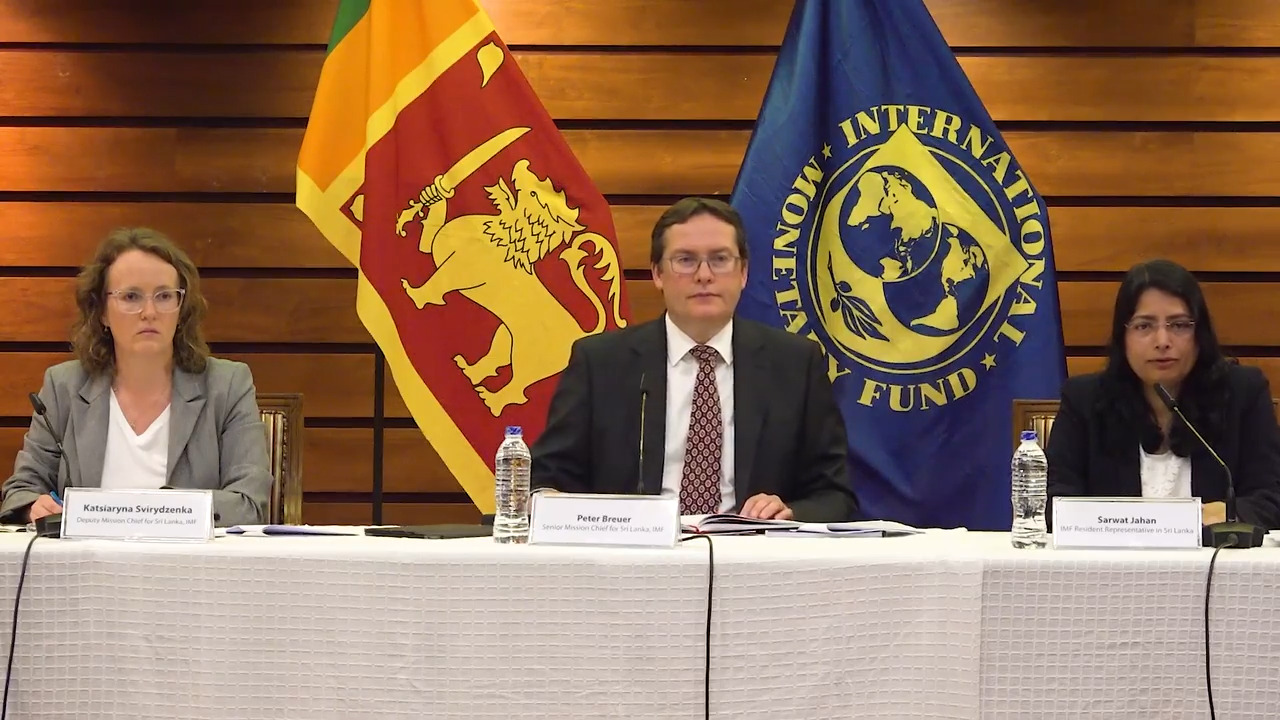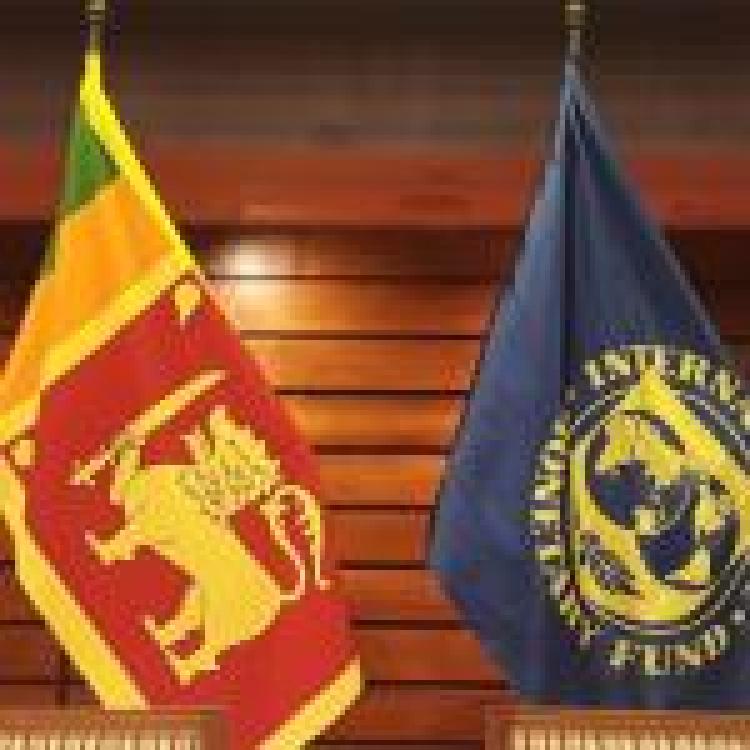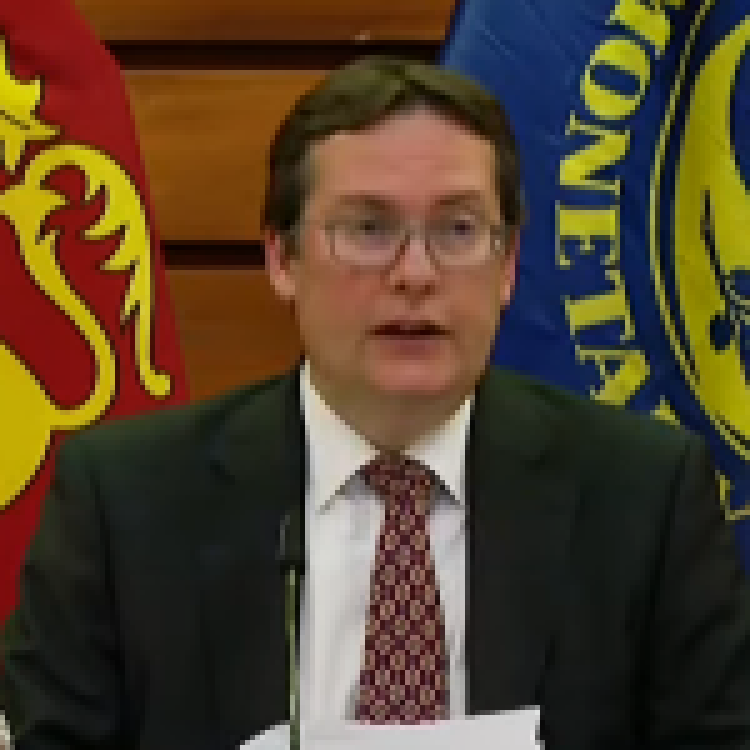
The International Monetary Fund (IMF) has agreed to delay its next review of Sri Lanka ahead of presidential polls that are scheduled to be held this month.
Julie Kozack, Director of the IMF Communications Department, highlighted the ongoing challenges during a recent discussion, stating, "Important vulnerabilities do remain, and sustaining reform momentum is going to be essential" for Sri Lanka as it recovers from its worst economic crisis.
She further noted, "A lot of progress has been made, but the country is not out of the woods yet, and it is important to safeguard those hard-won gains."
When asked about the third review of Sri Lanka's program, Kozack said, "We will move forward with program discussions after the presidential elections take place, and a new government or the outcome based on the choice of the people. We will be ready to go with that."
She emphasized that it is up to the Sri Lankan people to decide their leadership, and the IMF is prepared to work with whichever government is in power following the elections. Kozack also noted that the IMF's provision of USD 336 million to Sri Lanka has supported strong program performance, helped reform efforts bear fruit, and contributed to the revival of economic growth.
During their last meeting, IMF representatives also engaged with opposition members, including those from the Samagi Jana Balawegaya and the National People's Power.
Earlier this year Human Rights Watch (HRW), has called upon the IMF in a letter to stress to Sri Lanka the importance of civil society and to abandon legislation that would severely curtail their freedom. In a letter published sent to the global financial body, HRW highlighted how the Sri Lankan government sought to intimidate and silence independent voices.
“The IMF and other international partners supporting Sri Lanka’s economic recovery recognize that this crisis has its roots in misgovernance and corruption,” said Meenakshi Ganguly, deputy Asia director at Human Rights Watch. “If their efforts are to be successful, they need to stand firm against the government’s attempts to curtail fundamental civil and political rights.”


